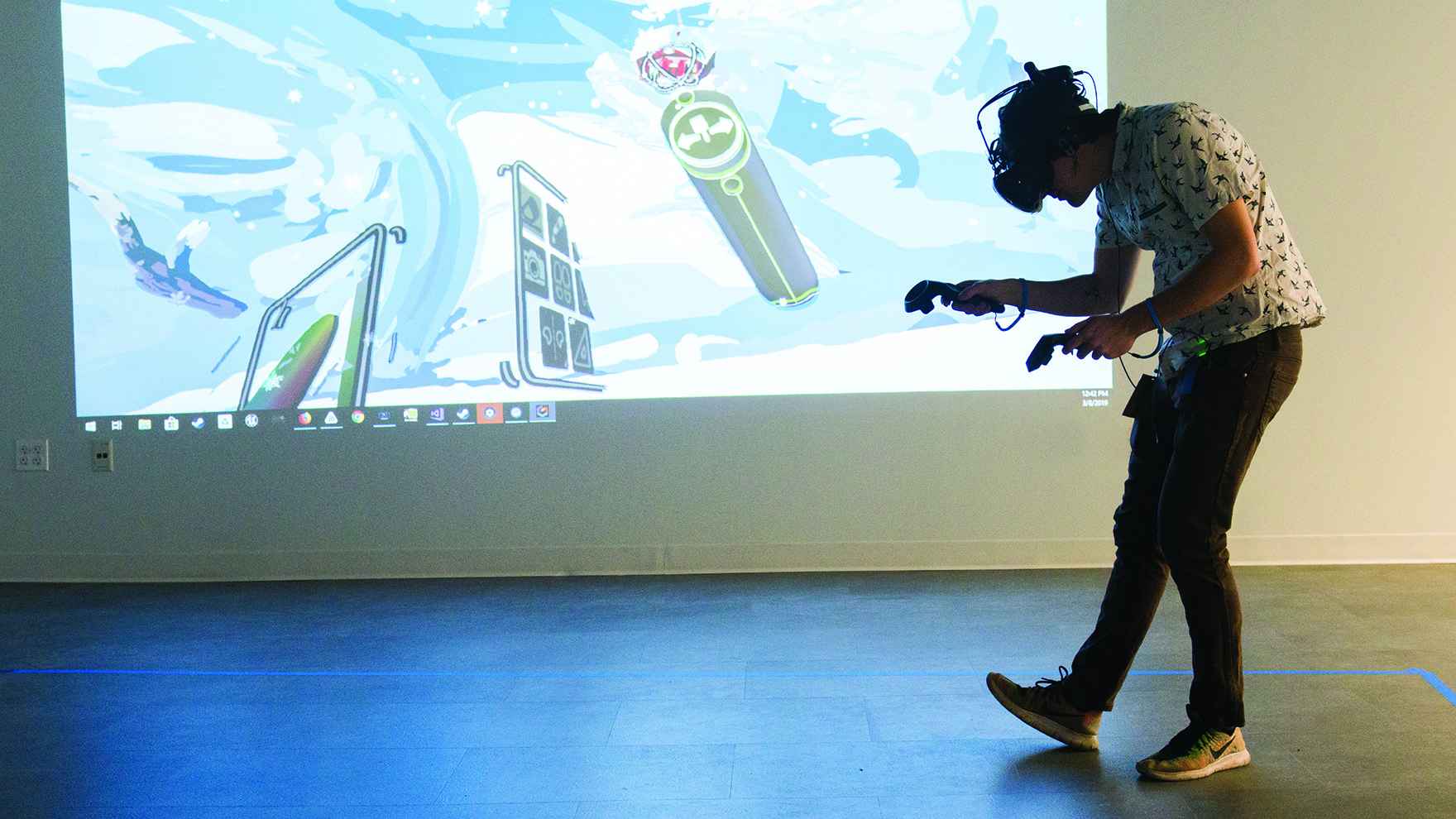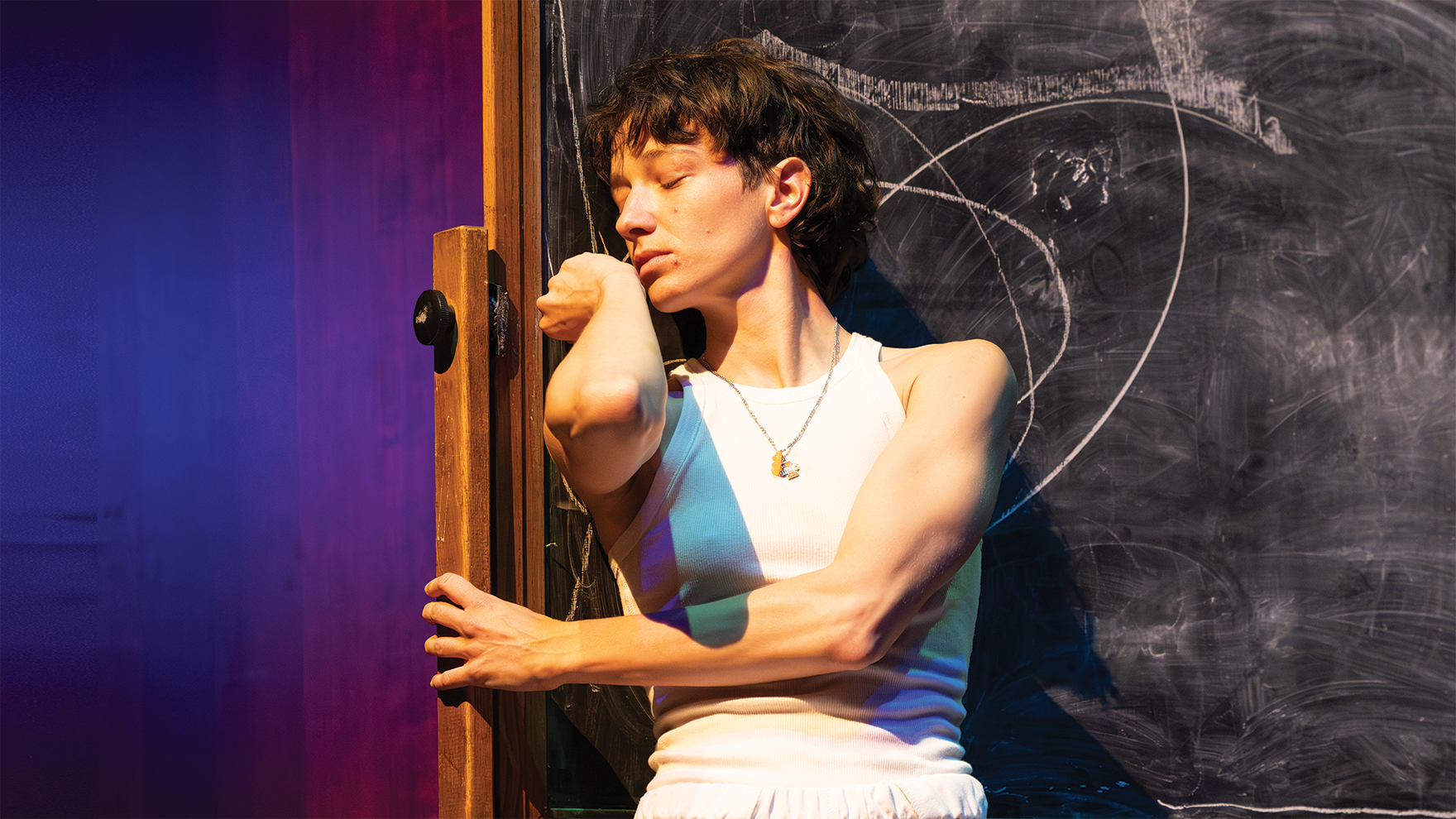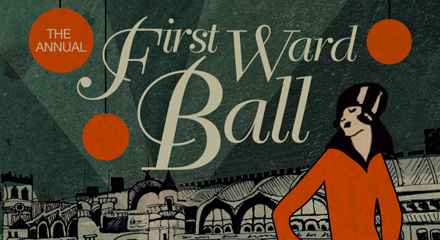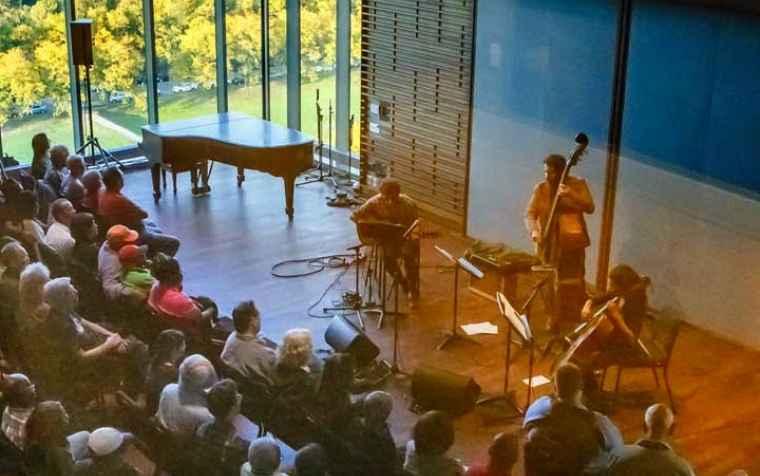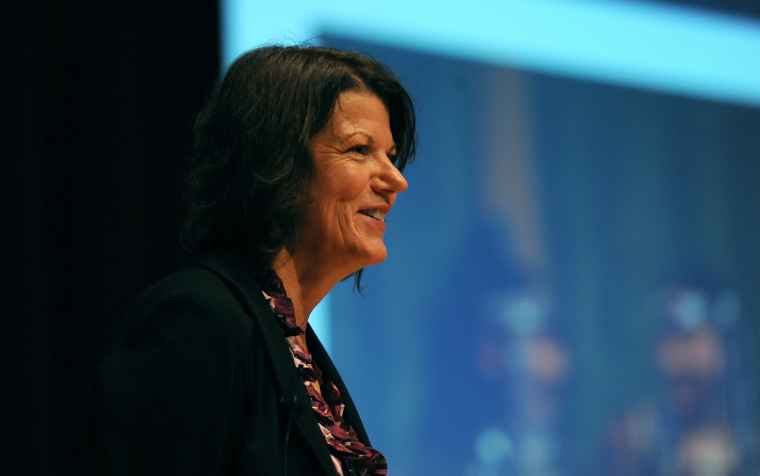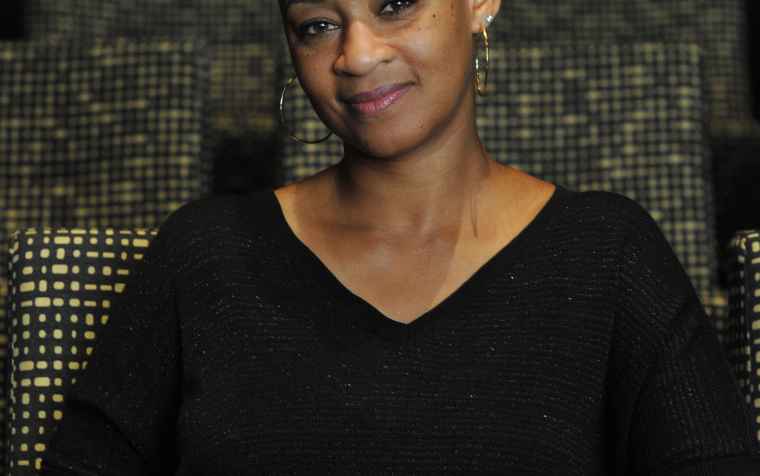Chicago Literature List Features English and Creative Writing Faculty Members
Hillary Chute, Neubauer Family Assistant Professor in English Language and Literature, as well as Rachel DeWoskin and Jeffrey Brown, both faculty members in Creative Writing, were featured on the Newcity Lit 2012 "Lit 50" list, which celebrates "on-the-page creators" active in the Chicago literary scene. Chute was called an "alt-comics impresario" who "may be the one to take Chicago from being a comic-book city to a full-blown metropolis of graphic storytelling," while Brown was hailed as an "ascendant talent" for his comic memoirs such as Darth Vader and Son. DeWoskin's memoir Foreign Babes in Beijing is currently in development at HBO, while her most recent novel Big Girl Small won an Alex Award, which honors books with special appeal to young adults.
Read the full list here.
Watch Kate Zambreno, AM'02, Read from Her Memoir, 'Heroines'
Kate Zambreno, AM'02, visited the Logan Center to give a reading from her newest work Heroines. Watch the video of the reading here.
The Rumpus called Heroines "relentless and reflective" and "a genre-defying battle cry about forgotten and suppressed women in literature (as well as her role in the gendered story of her own life)." Heroines developed in part from Zambreno's blog Frances Farmer is My Sister, where she meditates on the voices and biographies of writers like Vivienne Eliot, Jane Bowles, Jean Rhys, and Zelda Fitzgerald.
Humanities Faculty Members Recognized with New Professorships
Two faculty members from the Division of the Humanities received new professorships. Clifford Ando has been appointed the David B. and Clara E. Stern Professor in Classics and the College. Ando studies law, religion, and government in the Roman Empire, and is the co-director of the Center for the Study of Ancient Religions. He joined the UChicago faculty in 2006.
PhD Candidate Paul Durica's Historical Tours and Reenactments Highlighted in the 'Chicago Tribune'
Paul Durica, PhD candidate in English Language and Literature, was featured in The Chicago Tribune, discussing his company Pocket Guide to Hell and how his engagement with Chicago history has informed his scholarly work (and vice versa). On his motivation for founding Pocket Guide to Hell, which regularly sponsors events such as reenactments of the 1886 Haymarket Riot, Durica explains, "As I was doing research for my dissertation (about tramps, hobos and transients in American literature), I kept coming upon all of this good material that didn't fit into my academic work. I wanted to share what I was learning with the broader public.” On Sunday, March 17, Pocket Guide to Hell will recreate "Bathhouse" John Coughlin and Michael "Hinky Dink" Kenna’s 1908 First Ward Ball at the Hideout (1354 W. Wabansia Ave.) at 8 p.m. According to the article, "Coughlin and Kenna conceived the First Ward Ball as a way of further stuffing their pockets, already bulging with graft, through imposed ticket and liquor sales...by 1908 it attracted 20,000 drunken, yelling, brawling revelers to the Coliseum on South Wabash Avenue. The guests slopped up 10,000 quarts of champagne and 30,000 quarts of beer. It was very messy." Durica will portray Kenna. Learn more about Pocket Guide to Hell here.
